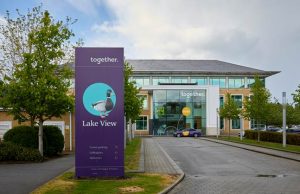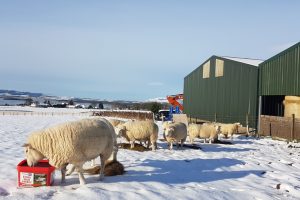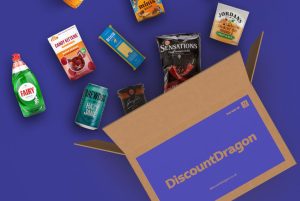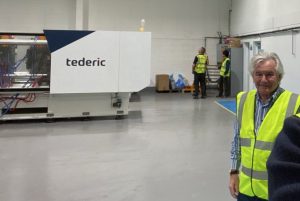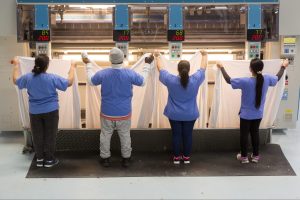Consumer rush for air fyers turns up heat on homeware brands group’s interim revenues
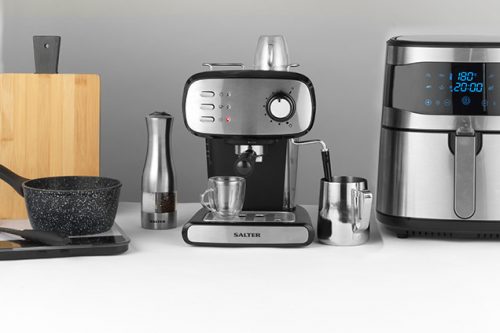
The Christmas consumer rush for air fryers, and supermarket stocking issues, have resulted in a four per cent fall in first half revenues at Ultimate Products, the Oldham-based homeware brands group.
But the business said the situation is improving and its full year profit performance is in line with current market expectations.
The business issued a first half trading announcement this morning, covering the six months ended January 31, 2024.
During the period, unaudited group revenues decreased four per cent to £84m, from £87.6m the previous year.
It attributed this to supermarket ordering being held back by overstocking issues, strong prior year comparatives bolstered by the exceptionally high demand for energy-efficient air fryers in the first half of 2023, and some modest revenue deferral at the end of the period due to the recent disruption to global supply chains.
The group said it has continued to drive productivity through its focus on continuous improvement, including the automation of hundreds of tasks across the business. Combined with lower freight rates in the period, this increased productivity has led to the group achieving improved operating margins.
As the group moves into the second half of 2024, shipping schedules are expected to settle, and peak air fryer sales will move out of the prior year comparatives.
More importantly, supermarket overstocking issues are continuing to subside and following the peak Christmas trading period more retail customers are reporting normalised stock positions, allowing an improving order trend for 2024.
At the period end, the group had a net bank debt/adjusted EBITDA ratio of 0.4x (31 July 2023: 0.7x). Throughout the period of seasonal peak trading this KPI remained below 1.0x, with net debt reaching a seasonal peak of £17.1m (H1 2023: £30.5m) in December.
During the 2021 fiscal year, the group increased its level of borrowings to complete the transformational acquisition of the Salter brand.
The acquisition debt has now largely been repaid. The board has, therefore, approved a new share buyback scheme. The intention is to maintain the net bank debt/adjusted EBITDA ratio at around 1.0x.
The board believes that this level of leverage is an efficient use of the group’s balance sheet and allows for further returns of capital to shareholders.
The board said it intends to continue to invest in the business enabling it to grow, while returning around 50% of post-tax profits to shareholders through dividends, and to supplement this with share buybacks pursuant to a policy of maintaining net bank debt at a 1.0x adjusted EBITDA ratio.
A further announcement will be made in due course setting out details of the formal Buy Back Programme and details of the requisite shareholder and regulatory approvals.
Looking ahead, the board anticipates a full year profit performance in line with current market expectations. Current consensus market expectations for the year ending July 31, 2024, are, adjusted EBITDA of £21.6m and adjusted EPS of 15.6p.
Andrew Gossage, who assumed the role of chief executive last week after founder and former CEO, Simon Showman’s switch to the role of chief commercial officer, said: “Amidst a tough but improving consumer backdrop, we are pleased to have delivered a resilient performance.
“The overstocking issues that have held back ordering at many of our retail partners, especially European supermarkets, continue to subside. As the underlying demand for our products and brands remains robust, customers who had paused their ordering are once more open to buy. As a result, we remain confident in our prospects, as demonstrated by our new Capital Allocation Policy.”
The group intends to announce its interim financial results on Tuesday April 9,2024.

